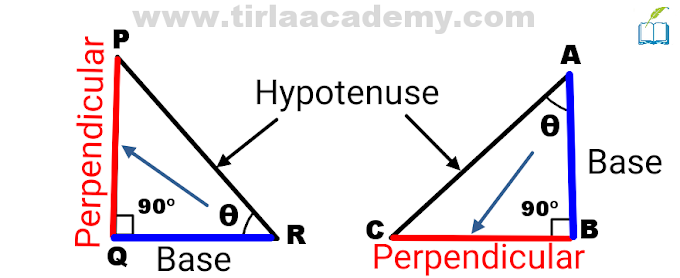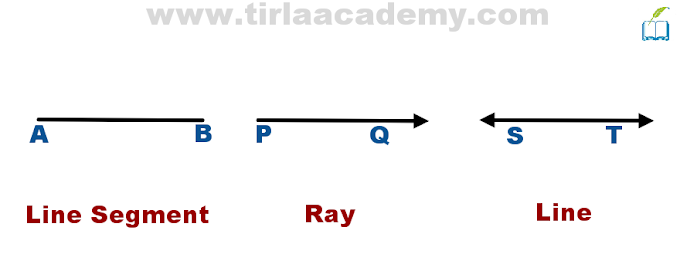Ever felt overwhelmed by endless to-dos and deadlines? You’re not alone. Stress caused by poor time management can weigh heavily on your mind and body, affecting your work, health, and happiness. But here’s the good news: mastering time management can be your best defense against stress, helping you regain control and find balance in a busy world.
Let’s explore how managing your time effectively can dramatically reduce stress and boost your overall well-being.
Why Poor Time Management Leads to Stress
When your schedule is unorganized, tasks pile up, and deadlines loom closer, your mind races to keep up. This constant pressure triggers the body’s stress response—heart races, muscles tense, and focus diminishes. The result? Anxiety, burnout, and reduced productivity.
Without a clear plan, it’s easy to feel like you’re running in circles. That’s where effective time management steps in as a powerful stress-reliever.
How Time Management Reduces Stress
1. Creates a Clear Plan and Priorities
Having a well-structured plan helps you see exactly what needs to be done and when. Prioritizing tasks allows you to focus on what’s truly important, avoiding the last-minute scramble. When you know your priorities, you feel more in control and less overwhelmed.
2. Breaks Tasks Into Manageable Chunks
Large projects can feel daunting, leading to procrastination and stress. Time management encourages breaking big tasks into smaller, achievable steps. This makes your workload seem less intimidating and builds momentum as you check off completed tasks.
3. Prevents Last-Minute Panic
Rushing to meet deadlines is a major stress trigger. Planning your schedule with realistic time blocks gives you space to complete work calmly. This reduces anxiety and improves the quality of your results.
4. Improves Work-Life Balance
Good time management means allocating time for breaks, relaxation, and personal activities. When you balance work with rest, your mind gets a chance to recharge, lowering stress and boosting energy levels.
5. Enhances Focus and Productivity
When distractions are minimized and your day is planned, your focus sharpens. Being productive reduces the pressure of unfinished tasks piling up, leading to a calmer mindset.
Simple Time Management Tips to Reduce Stress
Use a planner or digital calendar: Visualize your day, week, and month to organize tasks.
-
Set clear deadlines: Even for small tasks, deadlines create a sense of urgency and prevent procrastination.
-
Prioritize using the Eisenhower Matrix: Focus on urgent and important tasks first.
-
Take regular breaks: Short pauses help maintain energy and prevent burnout.
-
Learn to say no: Avoid overcommitting and respect your limits.
Final Thoughts
Time management isn’t just about fitting more tasks into your day — it’s about making room for peace of mind. When you plan effectively, set priorities, and respect your limits, stress loses its grip. By adopting even a few time management strategies, you’ll notice a significant drop in stress and an increase in productivity and happiness.
Take control of your time today and experience the powerful stress-reducing benefits that come with it.





